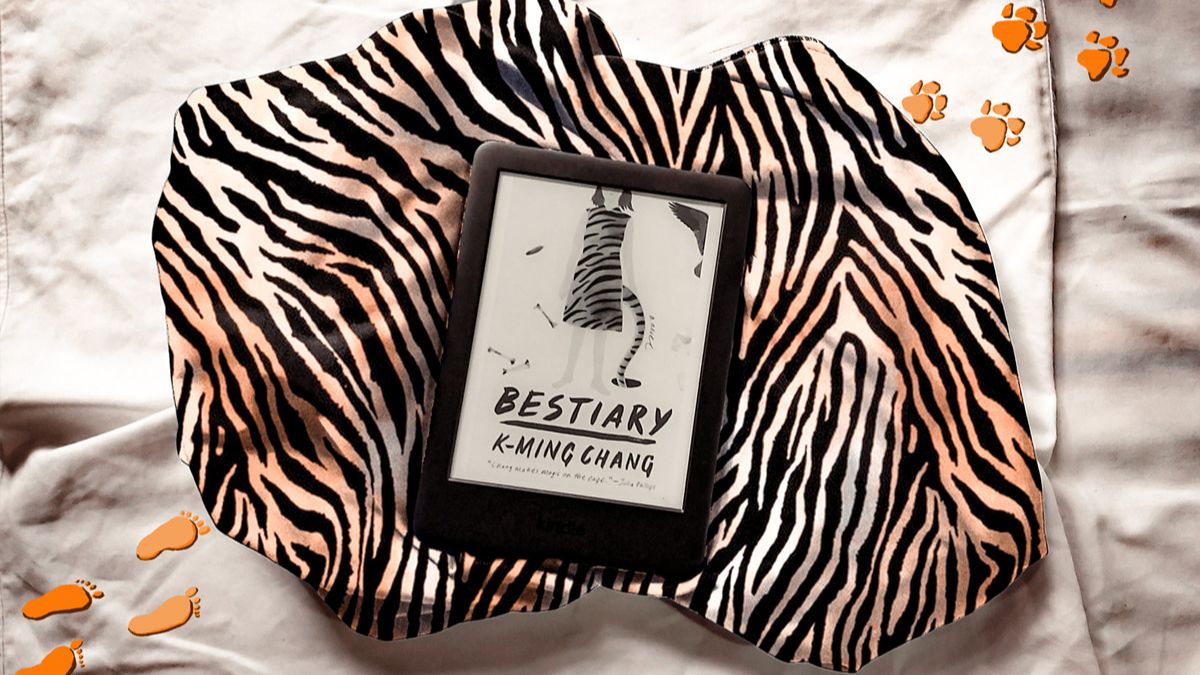This book was a real struggle for me but in a good way. I enjoyed reading this book and persevered despite my reservations. However, as I reflect on the book now, there were times when I struggled to make sense of specific passages due to Chang’s descriptions being so brutally raw. Her use of language would initially appear to be expected but would abruptly change direction, leaving you wondering, “What did I just read!” I’ve encountered this language style only in poetry and lyrical prose thus far. The story’s descriptions of urine, stool, and saliva were way too overwhelming. In each case, it appeared as though the author was exaggerating an abundance of data. However, given the title “Bestiary,” we could not reasonably expect anything less from Chang’s story’s visuals.
Bestiary is a novel set in the United States about three generations of a Taiwanese family. Ma (the protagonist’s mother) tells her daughter a story about a tiger spirit named Hu Gu Po who lives inside a woman’s body. It all begins with a bedtime story intended to scare the children. One day, the daughter wakes up with a tiger tail turning herself into Hu Gu Po. She also discovers that the holes in her backyard are spitting out letters written by Ama, her grandmother. She and her female lover, Ben, begin to translate the letters to learn more about her family’s mysterious stories. She discovers not only does her family have a history with myths, but it also has a queer lineage.
Chang’s raw depictions of queer desires, domestic abuse, and filial piety should be commended, as this is only her debut novel. Still, she has genuinely energized the literary community with Bestiary.
Related posts
Archives
- June 2023 (1)
- May 2023 (3)
- January 2023 (1)
- December 2022 (1)
- July 2022 (1)
- June 2022 (7)
- May 2022 (1)
- April 2022 (1)
- March 2022 (2)
- February 2022 (2)
- December 2021 (1)
- October 2021 (2)
- September 2021 (11)
- August 2021 (25)

